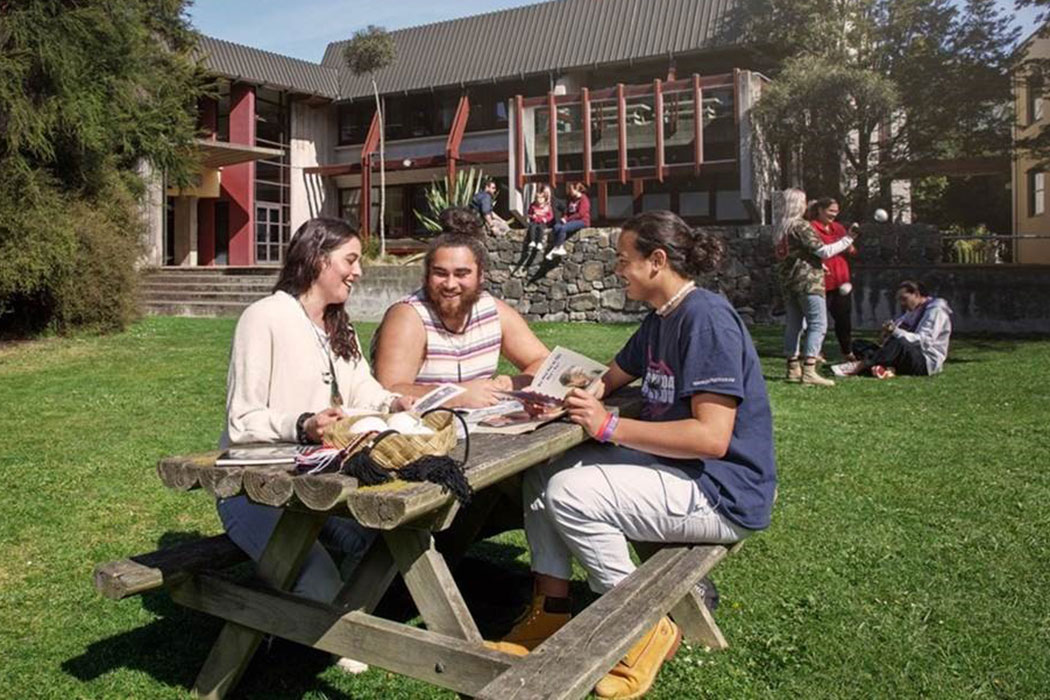Enrolments are open for our 2024 degree options. Additional steps are required for Music Performance auditions and Fine Arts applications. Please contact us directly to talk about your options in these pathways.
Menu
Study
Ako
Life
Te Ao o UC
Privacy Preferences
By clicking "Accept All Cookies", you agree to the storing of cookies on your device to enhance site navigation, analyse site usage, and assist in our marketing efforts.
General enquiries
0800 827 748 (within NZ)
+64 3 369 3999
Emergency contact details
Ext: 92111 (from a campus landline)
Direct dial: 0800 823 637
University of Canterbury | A Fair Trade University

